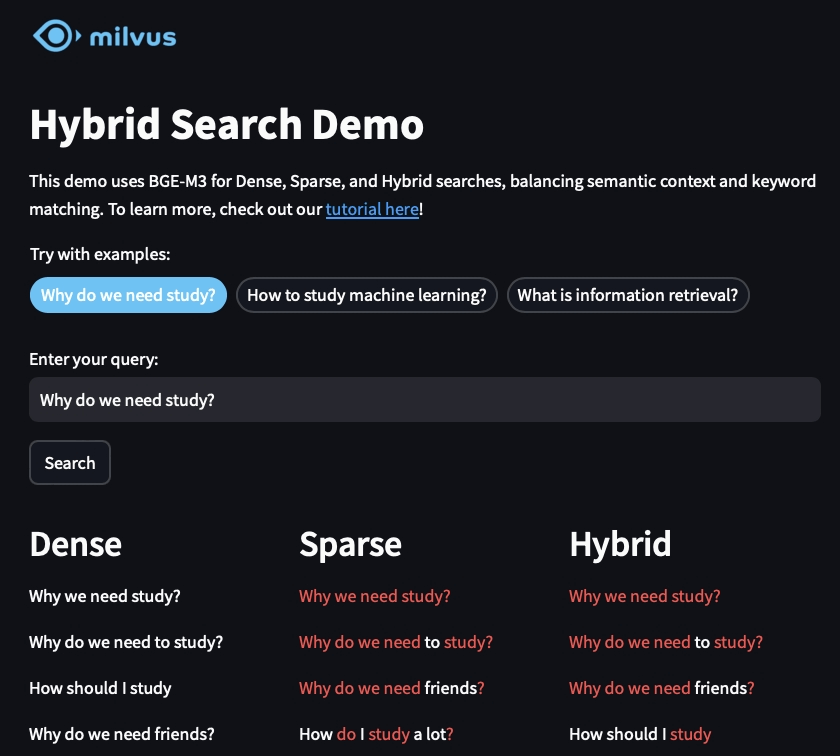Ranking and retrieval are distinct but complementary processes in information systems. Retrieval is the process of finding a subset of relevant items from a large dataset, while ranking orders those items by relevance or importance. For example, in a search engine, retrieval might fetch 1,000 documents matching a query, and ranking would sort the top 10 results based on user intent. The key difference lies in their goals: retrieval focuses on recall (finding all possible matches), whereas ranking prioritizes precision (showing the best matches first).
Retrieval typically relies on techniques like keyword matching, inverted indexes, or vector similarity to quickly scan large datasets. For instance, a database query using SQL LIKE or a full-text search with Elasticsearch are retrieval tasks. These methods prioritize speed and scalability, often sacrificing nuanced relevance for efficiency. Modern systems might use embeddings (dense vector representations) to retrieve semantically similar content, but the core idea remains: retrieval is about filtering, not ordering. A practical example is a product search that returns all red shoes in a catalog, ignoring color variations or user preferences beyond the initial query.
Ranking, on the other hand, applies algorithms to sort retrieved items based on context, user behavior, or domain-specific signals. A search engine might use features like page authority, click-through rates, or user location to rank results. In recommendation systems, ranking could prioritize items similar to a user’s past purchases while downvoting out-of-stock products. Machine learning models like Learning-to-Rank (LTR) are commonly used here, training on historical data to predict relevance. For example, a streaming service might retrieve 200 movies matching “action” and then rank them using a model that considers viewing history, ratings, and trending data. While retrieval handles breadth, ranking adds depth by tailoring results to specific needs.
